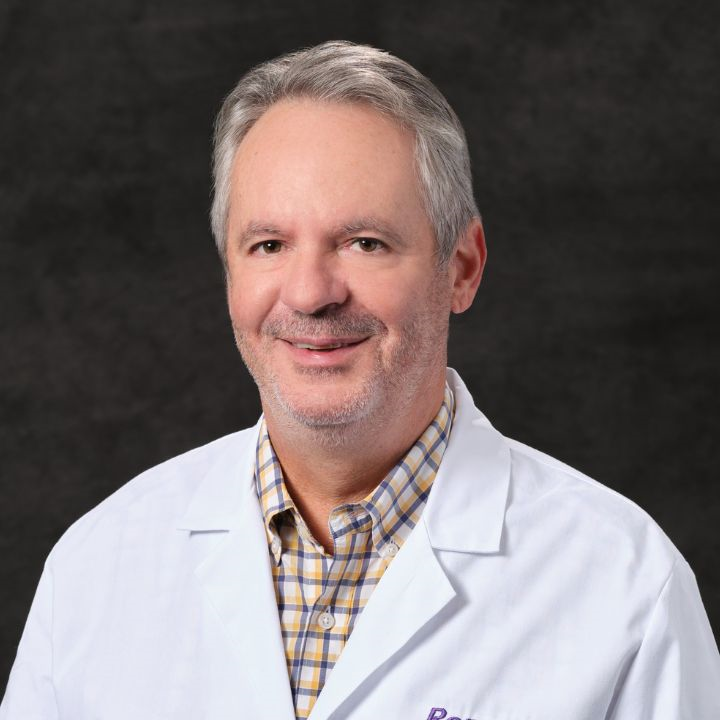
Planning Your Care
Planning Your Care at Renown
Your care is a team effort, combining the skill and expertise of doctors, nurses, and other support staff who specialize in cancer diagnosis and treatment. This collaboration happens on multiple levels so that you receive the best possible care and treatment specific to your needs.
Multidisciplinary Care
“Multidisciplinary” refers to the collaboration between providers from different backgrounds or disciplines and can include doctors, advanced practice nurses, registered nurses, therapists, dietitians and social workers.
These teams meet regularly to discuss patient care so that each patient benefits from the professional opinion of a wide range of experts.
Multispecialty Treatment
Depending on your diagnosis, several different specialists may be involved in your treatment.
- Pathologists study tissue samples in the lab to confirm the diagnosis.
- Radiologists diagnose and track cancer with various imaging techniques.
- Medical oncologists treat cancer with chemotherapy and other medications.
- Radiation oncologists treat cancer with radiation therapy.
- Surgical oncologists treat cancer through surgery.
- Medical Geneticists diagnose cancer through genetic counseling.
- Gynecologic Oncologists treat cancers of the female reproductive system.
These specialists meet to discuss your care plan and coordinate to make sure you’re receiving proven evidence-based care.
Center of Excellence
A Center of Excellence is recognized for having a multidisciplinary, multispecialty team that provides leadership in research, training and best practices.
Renown has three Centers of Excellence that focus on site-specific cancers. These include:
- Breast Cancer
- Gastrointestinal Cancer (colon, rectum, liver, pancreas, and stomach)
- Thoracic Cancer (lung and esophagus)
These teams regularly meet to develop and update clinical guidelines, identify quality initiatives, evaluate clinical trials, and assess new technology and processes.
Cancer Conferences (Tumor Boards)
Multidisciplinary, multispecialty cancer conferences (also called tumor boards) allow cancer specialists, genetic specialists, nurse navigators, nurses, social workers, dietitians, physical therapy specialists, and other providers the opportunity to review new and open cancer cases together and provide expertise from several different viewpoints.
This collaboration allows them to develop a comprehensive treatment plan for each patient early in diagnosis or changes to a patient’s clinical status.
Who is my point of contact?
Having multiple doctors who are working with even more doctors can become confusing for patients. Your Nurse Navigator will guide you through your care, provide you with the resources you need and answer your questions.





